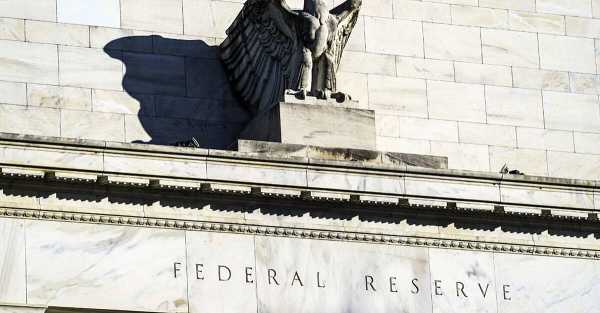Criminal referrals hold symbolic but no legal weight because Congress has no enforcement power and no formal say in what the Justice Department does.
-
Send any friend a story
As a subscriber, you have “>10 gift articles to give each month. Anyone can read what you share.
Give this articleGive this articleGive this article

Members of the House committee investigating the Jan. 6 attack on the Capitol during the hearing on Capitol Hill in July.
Members of the House committee investigating the Jan. 6 attack on the Capitol have suggested that they are heavily inclined to call for prosecutions of those involved in the riot and the monthslong election subversion effort that gave rise to it.
Criminal referrals — essentially letters to the Justice Department laying out evidence of specific crimes — from the panel would be largely symbolic. They would hold no legal weight because Congress has no enforcement power and no formal say in what the Justice Department does. The department has been carrying out a criminal investigation into former President Donald J. Trump’s efforts to overturn the 2020 election, including the appointment last month of a special counsel who authorized a round of subpoenas after taking over.
Yet a referral would be another remarkable development in a precedent-shattering investigation by Congress of former President Donald J. Trump’s bid to nullify his defeat, and it could increase the pressure on Attorney General Merrick B. Garland to bring prosecutions.
If members of the committee agreed to move forward with criminal referrals, they would be creating a road map for prosecutors, in granular detail, of how they contend Mr. Trump and his allies broke the law. The committee has interviewed more than 1,000 witnesses, including some of the former president’s closest confidants, and examined reams of text messages, emails and notes.
Peter Navarro and Stephen K. Bannon were charged by the Justice Department after Congress referred them for prosecution — albeit under a slightly different process that involves not just a letter but a law granting lawmakers the power to refer contempt of Congress charges. Both men were charged with contempt of Congress for ignoring subpoenas from the Jan. 6 committee. Mr. Bannon was convicted in July; Mr. Navarro is set to go on trial in January.
Alan Feuer contributed reporting.
Source: nytimes.com



